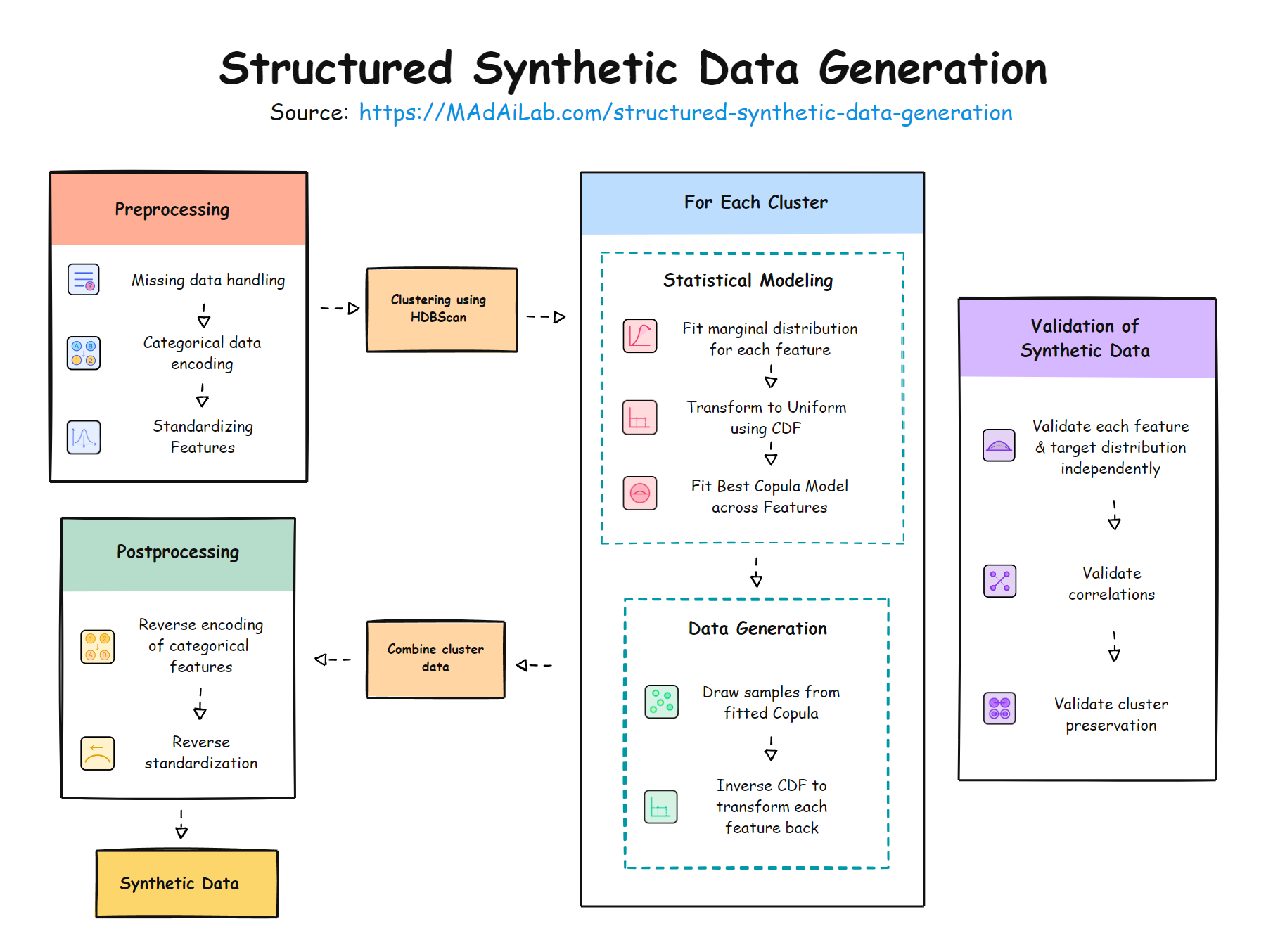EduAiQ: Intelligent Quota Management for Academic AI Access
Faculty, staff, and students increasingly rely on AI chatbots like ChatGPT for teaching, research, and day-to-day academic tasks. However, providing this level of access at scale presents a major challenge. Purchasing individual ChatGPT Plus licenses across an entire university would be prohibitively expensive, and would also lock the institution into a single provider—a risky move given how rapidly the AI ecosystem is evolving, with no clear long-term winner.
Further, different academic needs call for different AI models—humanities may prioritize conversational fluency, while STEM disciplines may require code generation and technical reasoning. Meanwhile, a new wave of open-weight models like LLaMA, DeepSeek, and Qwen are rapidly approaching or matching ChatGPT’s capabilities, and can be deployed at a fraction of the cost—especially via serverless inference providers such as Together.ai.
At the same time, educational institutions need centralized tools to manage and allocate AI resources—allowing administrators to set usage policies and quotas across colleges, departments, faculty, courses, and students, while staying within contractual or budgetary limits.
This requires both technical flexibility and governance infrastructure—a solution that respects budgets while still fostering innovation.
EduAiQ could be an open-source platform designed specifically for academic institutions to provide affordable, controlled, and scalable access to AI model APIs. It integrates with Open WebUI, a powerful open-source ecosystem that delivers a ChatGPT-style chat interface and supports multiple backend model providers. Open WebUI already connects to APIs like ChatGPT and can be extended to work with other closed and open-weight models (e.g., Claude, Gemini, DeepSeek, Mistral) via providers like Together.ai.
With EduAiQ, educational institutes can:
The platform also includes a robust multi-tiered quota and access control system. Administrators at the university, college, department, faculty, and course levels can:
This hierarchical structure ensures flexibility, accountability, and autonomy—without breaching budgetary or contractual limits with API providers.
Here's a breakdown of the concept and its key components:
Dr. Rohit Aggarwal is a professor, AI researcher and practitioner. His research focuses on two complementary themes: how AI can augment human decision-making by improving learning, skill development, and productivity, and how humans can augment AI by embedding tacit knowledge and contextual insight to make systems more transparent, explainable, and aligned with human preferences. He has done AI consulting for many startups, SMEs and public listed companies. He has helped many companies integrate AI-based workflow automations across functional units, and developed conversational AI interfaces that enable users to interact with systems through natural dialogue.
